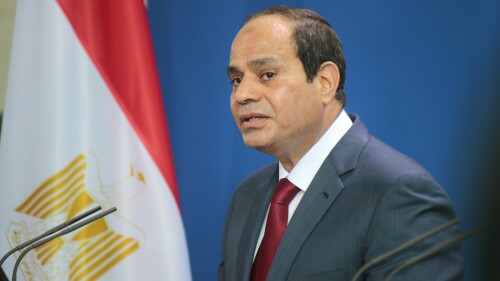There are two Middle Eastern refugee crises currently vying for resources and attention. One is nominally focused on Syria, but in fact extends from Libya to Afghanistan. The other crisis is Palestinian — and has supposedly been going on since 1948.
But a closer look at the causes of these crises shows the former to be primarily the result of the collapsing Arab state system and the rise of militant Islam, while the latter cannot be considered a crisis at all.
The history of international responses to wartime refugee crises over the past century demonstrates how anomalous the Palestinian situation is, particularly with regard to the United Nations Relief and Works Agency for Palestine Refugees in the Near East, or UNRWA — a distinctly unique agency in the annals of international organizations.
UNRWA is the only “relief” effort aimed at a single population; it is seemingly permanent, if not eternal; and its mission is ever growing. It is the world’s only internationally funded “relief” organization that is run not only for — but by — its clients.
As a de facto health, education and welfare ministry, UNRWA both competes with and complements the Palestinian Authority (PA), thus relieving the PA from assuming responsibilities for crucial fields of activity that are the routinely exercised by normal, even aspiring states. And UNRWA’s existence is fundamental as a symbol within Palestinian society — a pivot around which key identity concepts revolve: the ideas of Palestinian victimhood and “refugee-ness,” and (the supposed) international responsibility for their fate.
By examining a number of dimensions related to UNRWA’s approach to the Palestinians, lessons can be learned for application to the broader Middle Eastern crises. Among these are the moral hazard of assigning responsibility for refugee relief to the international community, and the dangers of institutionalizing refugee relief in a dedicated organization, which can be captured by the population that it serves.







